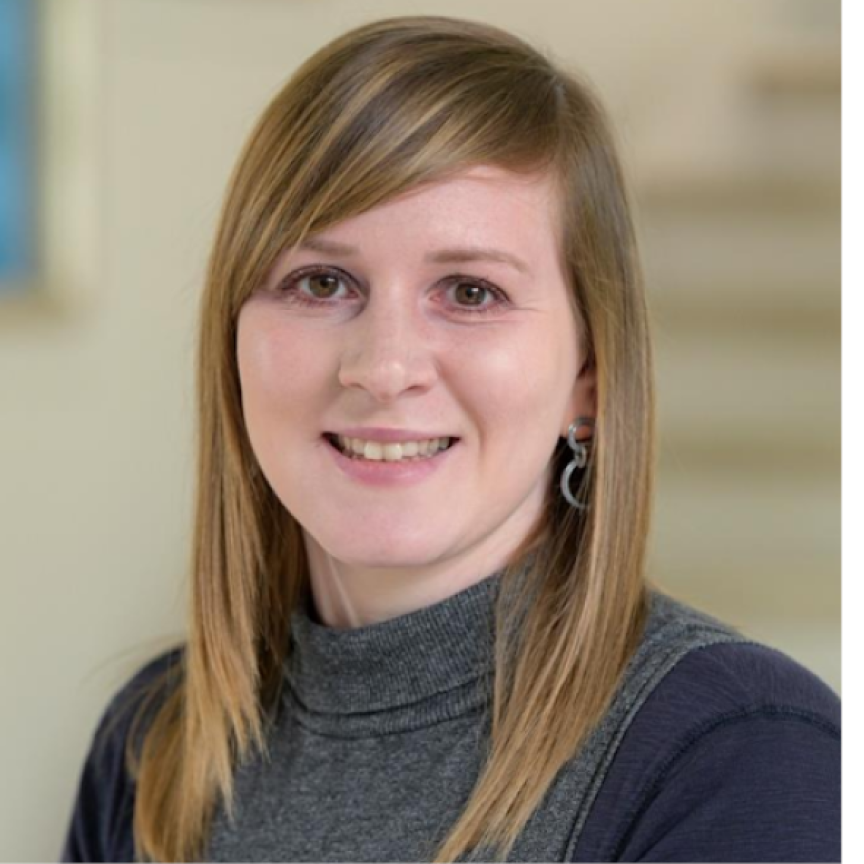Researchers have managed to predict the crystal structures of small organic molecules by computational methods alone, without experimental input.
The advance was achieved at the fourth Blind Test of Crystal Structure Prediction, an exercise conducted by an international group of 15 research groups that was organised by the Cambridge Crystallographic Data Centre (CCDC) and the University of Cambridge.
Crystal structures describe the periodically repeating arrangement of molecules in a material and determine many of a material’s properties, such as solubility, dissolution rate, hardness, colour and external shape. The ability to predict crystal structures could help scientists to the design new materials and could improve the efficacy of drugs.
Fifteen research groups who have been developing methods for predicting crystal structures of organic molecules took part in the latest blind test, in which participants were challenged to predict four recently determined crystal structures given only the chemical diagram of the molecules and conditions of crystallisation. Three predictions were allowed per crystal.
The results of previous blind tests, in 1999, 2001 and 2004, demonstrated that the crystal structures of small organic molecules can occasionally be predicted under favourable conditions, but the rates of success were low and no one method was consistently successful over the range of types of molecules studied.
The results of the 2007 blind test represent a dramatic improvement over what has been achieved previously: three groups had one experimental structure within their three allowed predictions, three others had two such hits and one group predicted all four target crystal structures, each as their most likely prediction. The most successful results were obtained by Dr Marcus Neumann of Avant-garde Materials Simulation and Dr Frank Leusen and Dr John Kendrick of the Institute of Pharmaceutical Innovation at the University of Bradford.

